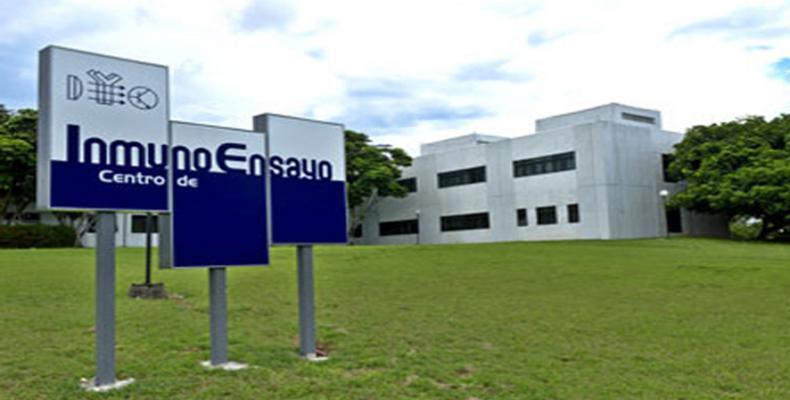Havana, September 9 (RHC)-- 2019 has brought another contribution from the Havana-based Immunoassay Center (CIE) to Cuban health services, with the incorporation of new diagnosis technology for neonatal TIR (immunoreactive trypsinogen), for the screening of cystic fibrosis in newborns.
The product of the SUMA diagnosis technology, developed by CIE professionals, makes it possible to identify the protein produced by the pancreas that is related to this condition.
According to Granma newspaper, some 37,746 newborns have been screened up to June of this year with the new equipment.
With the latest addition, there are already six diseases that can be diagnosed in Cuban newborns, thanks to the products of the Immunoassay Center: congenital hypothyroidism, phenylketonuria, biotinidase deficit, congenital adrenal hyperplasia, galactosemia and cystic fibrosis; which joins many other contributions of this institution, which constitutes a cornerstone in the prevention, diagnosis and treatment of diseases.
Cuba was the second country in the world with a complete program of alpha-fetoprotein, also a product of the CIE. From 1982 to 2018 this has allowed 4,705,240 pregnant women to be screened and to detect more than 9,000 malformations.


